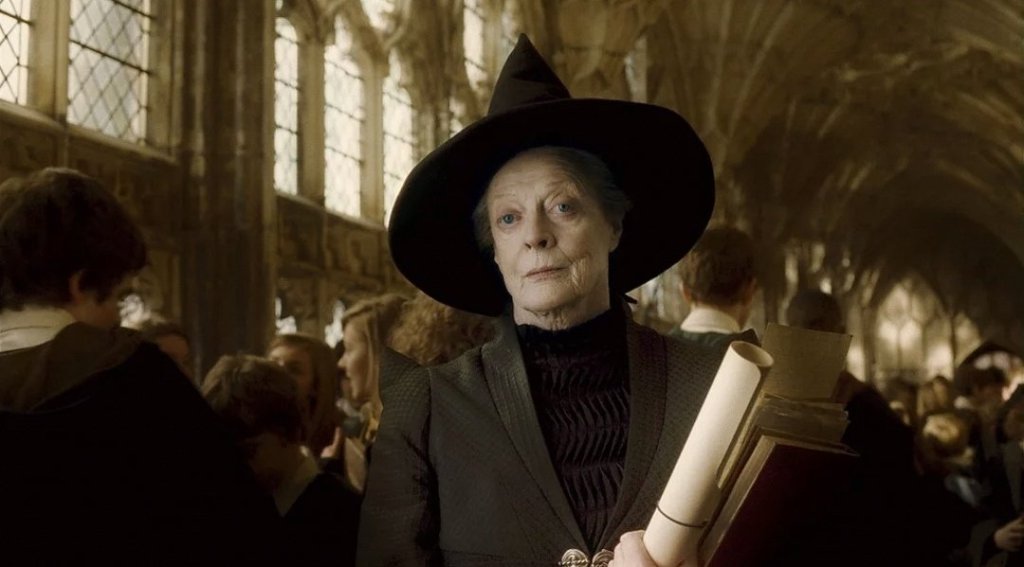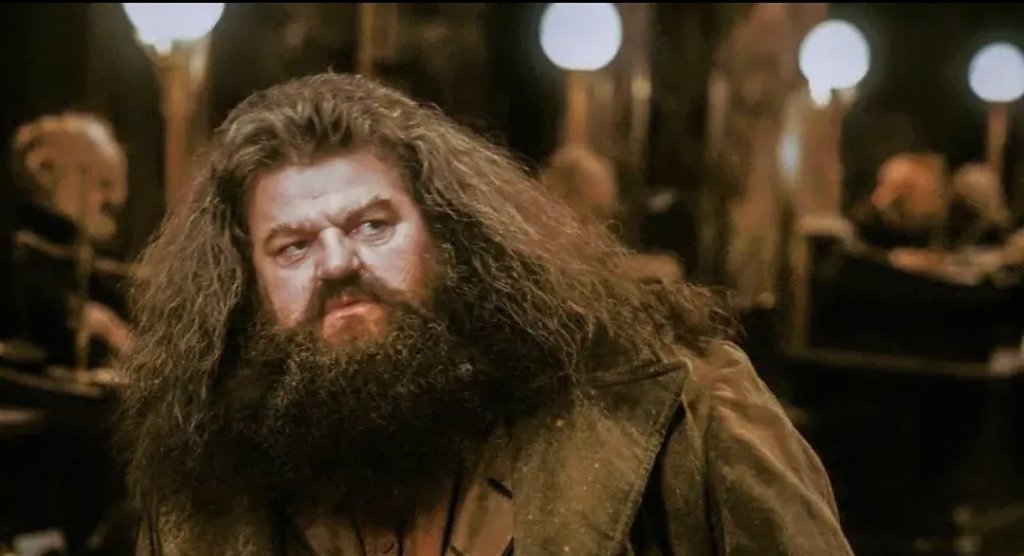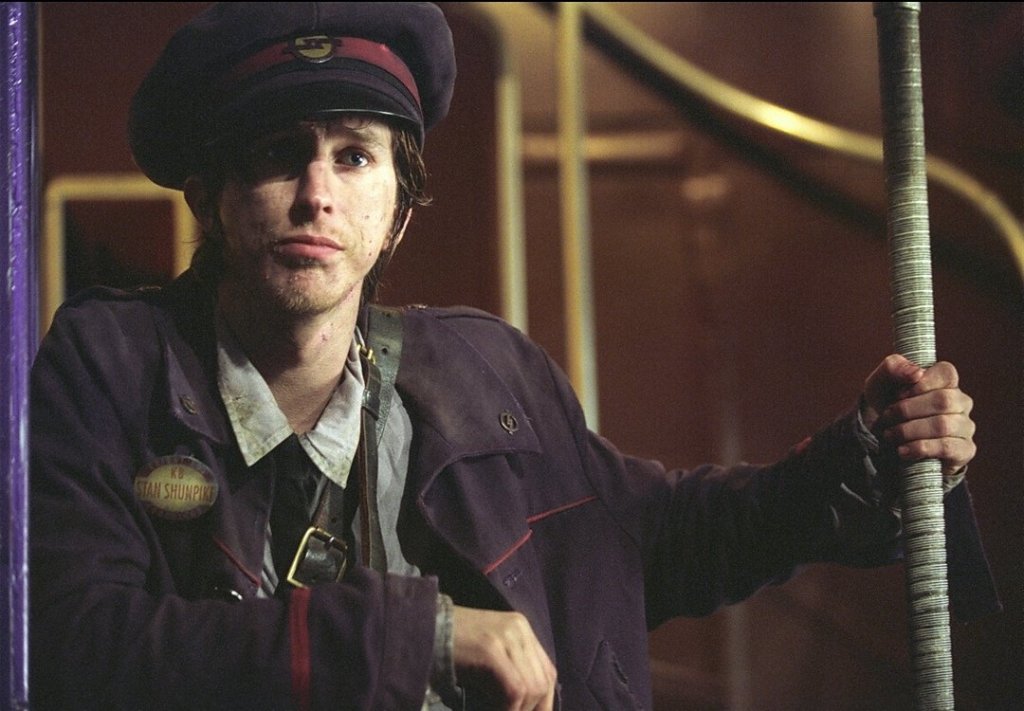It’s impossible to watch the Harry Potter series without noticing the characters’ speech patterns, it’s one of the many things that made it appealing to a wide audience. And those who call themselves “Potterheads” may have found themselves speaking in a British accent, consciously or subconsciously, after religiously watching the movies. Throughout each film, we come across a variety of different accents spoken by the characters. The use of accents makes them memorable as it makes sure that they are separate individuals, it gives them a very distinctive feature: their voice. It does a marvelous job of conveying various aspects about a character, including their regional origin, level of education, state of mind, and comprehension of language. As a Potterhead and English language student, I thought it would be perfect for me to write about it. Three Harry Potter characters are included below, along with a closer examination of their accents:
Minerva McGonagall

Maggie Smith plays the character of Minerva McGonagall, the Deputy Headmistress, Head of Gryffindor House, and the Transfiguration professor in Hogwarts. The actress is English but adopts a Scottish accent for the role, specifically the Edinburgh accent. She is a sassy, strict, and stern professor who cares deeply for her students and stands firmly on her beliefs. As head of Gryffindor, she embodies the courageous spirit and bravery of her house while commanding respect from her colleagues and students. Above all, she was a steady presence in Harry’s life and in a way, played a large role in his life and provided stability, even if Harry wasn’t always aware of it. Professor McGonagall is the only daughter of a Scottish Presbyterian minister and grew up in the Highlands of Scotland so it was only natural that she spoke the Edinburgh dialect.
The so-called Edinburgh accent is a softer lowland Scottish accent and is considered the “posh” accent in Scotland. Due to the elongation of vowel sounds, the oh sounds would sound more like the “or” sounds. For example, the word “Scottish” in Edinburgh would become “Scortish”. Likewise, the word cloth is pronounced as “clorth”. Moreover, when pronouncing the “I” sound, the mouth would widen so it would be somewhat similar to the “a” sound. For example, when pronouncing “price”, it will sound like “prace” in the Edinburgh accent. Likewise, the words alright would become “alraght” and kite would become “kate”. These characteristics are all noticeable in Professor McGonagall’s speech in the movies.
An example of a word from the dialect is displayed in a scene in Deathly Hallows, Argus Filch had just come hobbling into view, shouting, ‘Students out of bed! Students in the corridors!’ when she replied with “They’re supposed to be, you blithering idiot.” Blether is a Scots word meaning loquacious claptrap, which comes from Old Norse blathra, to talk nonsense; it exists in various forms now, such as blather or blither. McGonagall calls Filch a blithering idiot, she used the same word though most of the meaning had been filtered out of it.
Due to its reputation as a more professional version of English, McGonagall’s character was given the Edinburgh accent, often known as the Scottish Standard English accent. Because of its clear enunciation, which makes sure that every letter is heard, this dialect is one that many people find appealing and that non-native speakers can easily understand. McGonagall speaking with the accent makes sense since it helps students understand her. It associates her with being a proper and professional individual who instantaneously demands respect from others. On top of that, her use of the accent suggests that she belongs to Britain’s upper class. Since the accent is widely used as a benchmark for sounding authoritative or intelligent, this posh accent solidified a sense of sophistication and elegance to the character of Professor McGonagall.
Rubeus Hagrid

Robbie Coltrane who is Scottish plays the role of Hagrid, a character with an identifiable West Country accent. Rubeus Hagrid is a half-giant wizard who works as Keeper of Keys while also looking after the Grounds at Hogwarts School of Witchcraft and Wizardry. He was the one who introduced the world of magic to Harry Potter when he delivered Harry’s acceptance letter and he was also his first friend who remained as one of the main character’s allies throughout the series. Hagrid was raised in an area that was surrounded by the West Country accent, and it embosses to his speech routine which makes the way he speaks distinguishable.
In the lines “Now wait jus’ one second!” and “bought him off a Greek chappie I met in the pub las’ year”, the sentences contain some other words which end with [t] such as ‘wait’, ‘bought’, and ‘met’. However, Hagrid only drops the final consonant of [t] at the aforementioned three words; ‘just’, ‘first’, and ‘last’. This relies on the principle of ease of articulation, a principle that covers the simplest way to pronounce words and eases the speaker in producing words. Moreover, he simplifies some words by contracting them into a non-standard form: ‘somewhat’ becomes ‘summat’, ‘out of’ becomes ‘outta’, and ‘mystery’ becomes ‘myst’ry’. Another prominent point of the accent is the distinctive pronunciation of the function words, Hagrid pronounces the words ‘to’ as ‘ter’, ‘you’ as ‘yeh’, ‘your’ as ‘yer’, and ‘for’ as ‘fer’. The use of ‘yeh’ instead of ‘you’, shows the similarity with ‘ye’ in West Country dialect. As stated on the British Library’s Official Website, ‘ye’ is a very traditional feature of the West Country dialect. In addition, Hagrid frequently leaves his sentences with no subject though it does not always happen like in the line, “Nah — can’t spell it.” Another prominent feature attributed to the dialect is pronoun changing, it appears in Hagrid’s utterances such as: “True, I haven’t introduced meself.” and “Shouldn’ta lost me temper.”
Rowling’s portrayal of Hagrid in the Harry Potter series highlights the use of vernacular language and accents to represent the lower social class. Hagrid, the Gatekeeper of Hogwarts, is often considered a lower-educated or professional figure, reflecting this. The use of vernacular grammar, such as omitting the subject of a sentence, reflects this. Hagrid’s use of words like “Gallopin’ Gorgons” and “Blimey” reflects his lower social class, where he is known for his laid-back nature. It is implied that members of the lower class tend to ignore the standard rule and choose their own vocabulary to express their feelings as there are few demands of using standard language. Rowling attributes the West Country dialect to Hagrid, a character from her birthplace, due to his bright character, loyalty, and belief in goodness. He always tries to do his best and is loyal to Harry and Dumbledore. The dialect serves as an implicit description of the simple and humble nature of people from the West Country, emphasizing that a person’s heart and personality matter more than physical appearance and language.
Stan Shunpike

English actor Lee Ingleby plays the role of Stan Shunpike who has a strong Cockney accent in the movies, as Rowling wrote Stan’s dialogue in this dialect. He worked as the conductor of the Knight Bus and was later arrested and imprisoned in Azkaban on suspicion of being a Death Eater. On the Knight Bus, he demonstrated his love of gossip and his propensity for inside information when conversing with Harry and other passengers. From the few lines he had, it was evident that he must have grown up in inner London because he speaks Cockney.
The distinctive characteristics of cockney dialect include the dropping of the letter “H” from many words which Stan Shunpike displays in the following lines: “’Ere”, “but for thirteen you get ‘ot chocolate, and for fifteen you get an ‘ot-water bottle”, “You ‘ave this one”, and “Course ‘e was on the Muggle news, Neville.” Another characteristic is replacing the “th” sound in words such as “think” with an F sound, which is a phenomenon called th-fronting. Stan pronounces nothing as “nuffink” and toothbrush as “toofbrush”. There are also contractions and vowel shifts which drastically change the way words sound, examples include his frequent use of dincha and choo in replacement of “didn’t you” and “what are you”. In some cases, the final consonant of a word is also dropped, for example, “ova” for “over.”
Rowling gave the dialect/accent to Stan Shunpike and the movie franchise’s creator maintained it because Cockney is a dialect of the English language, mainly spoken by working-class and lower middle-class Londoners since the 19th century. As a bus conductor, Stan is among the few working-class characters in the series. Associating him with this so-called substandard, uneducated, and vulgar manner of speaking brings forth a problematic stereotype about the lower class. There are only ten characters who speak Cockney in the series and they are all not major or even supporting characters–this reflects the discrimination that is imposed upon people who speak Cockney.
References:
Buddy. (2022, September 12). Edinburgh Accent And Dialect Words – Languages Buddy.
Languages Buddy. https://languagesbuddy.co.uk/edinburgh-accent-and-dialect-words/
Callaghan, F. (2023, June 5). What is Dialect in Literature? Definition and Examples. Scribophile.
https://www.scribophile.com/academy/what-is-dialect
Cockney. (n.d.). https://www.englishgratis.com/1/wikibooks/english/cockney.htm
Santika, R. (2016). An analysis of West country dialect used by Hagrid in J.K. Rowling’s Harry
Potter. Nobel: Journal of Literature and Language Teaching, 7(1), 25–35. https://doi.org/10.15642/nobel.2016.7.1.25-35
Sarkisyan, A. (2021, October 24). Character Deep Dive: Minerva McGonagall. Marvelous Geeks
Media. https://marvelousgeeksmedia.com/2021/05/21/character-deep-dive-minerva-mcgonagall/
Ula, Z. (2021). The Descriptive Analysis of British Accents in Harry Potter and The
Philosopher’s Stone Film. Education and Linguistics Knowledge Journal (Edulink), 3(2), 116. https://doi.org/10.32503/edulink.v3i2.2032


You must be logged in to post a comment.